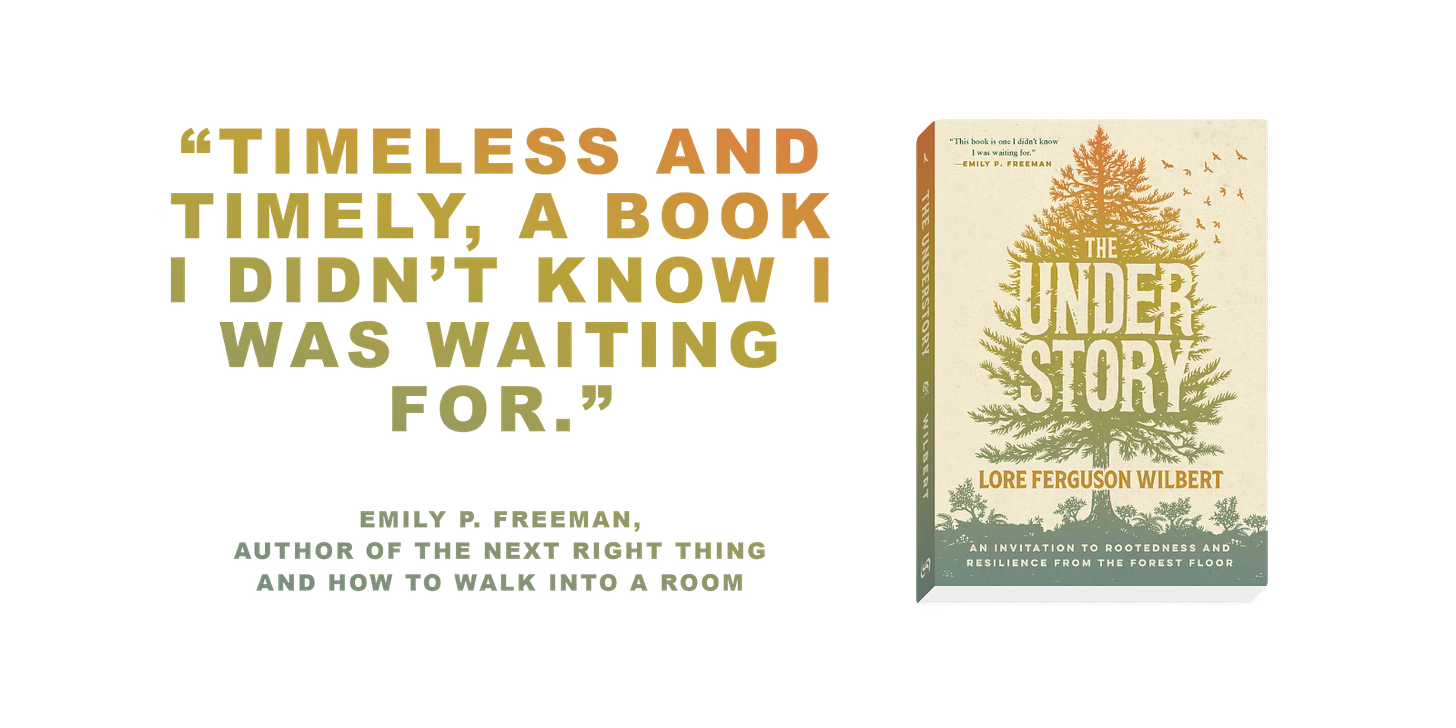Who Decides Who is Unsafe?
Is it an average? A pattern? A feeling?
I shared this on my Instagram stories yesterday and a bunch of people asked if I could put it in one post so it was more easily shareable. It’s too long for an Instagram post and yet not the kind of thing I often share on Sayable, but if you can deal with a one-off, here’s some things it’s taken me a long time to learn—and to continue to learn.
A note before I start:
If you start reading and get your panties in a twist because I’m talking about safeness/triggers/abuse, etc., and you think I’m just being woke or whatever, and you start to feel a little frustrated or hot under the collar or dismissive or start to form a response in your mind before you’ve finished this, I want you to consider that is, in itself, what feeling triggered feels like. Just because you’re feeling heightened about something doesn’t make you wrong or me wrong, though, it just means something I’m saying or something you’re feeling is touching the edges of something that matters to you, or something that you’ve formed a previous opinion about or a wound you have or a fear you have.
That is the definition of a trigger. And we all have them.
Unsafe for me doesn’t mean unsafe
1. Just because I feel unsafe around a person does not mean they are, in general, an unsafe person.
2. Just because I feel triggered by certain behaviors does not mean those behaviors are, across the board, wrong or evil.
3. Just because justice feels and looks a certain way to me in a particular moment, does not mean it is truly justice in the long run.
I am not saying there aren't truly unsafe, evil, and unjust people and behaviors, just that it has been good work for me to realize that because of my own particular unhealed wounds, there are going to be times when my gut says, "Hmmm, that's probably not a person I need to be in deep friendship/relationship with. They're probably a great person in every way, but their way of navigating the world is probably going to hit some pain points in me that are not yet healed. And that's okay."
I've learned I've got to steer clear of some people with some surprising qualities—qualities that other people might find endearing or tolerable or even attractive. I don't need to demonize them for who they are or how they are. I just need to recognize my own limitations.
Too often we run into the same issues with the same kinds of people again and again because we're running into new relationships with the same old wounds.
You decide for you
Discern who those people are for you and then listen to your gut when you get around them.
Examples for me might be:
1. Someone who is vivacious/life of the party, but also interrupts and talks over others a lot—a trigger for me.
2. Someone who is tender/vulnerable from their own trauma, but hasn't learned how to control outbursts or not manipulate other people—both triggers for me.
3. People who don't moderate their voices or who do bulk of the talking in conversations—triggers for me.
What this doesn't mean is I'm not friends with people who are vivacious, tender/vulnerable, loud, etc. it just means I'm especially attentive in those relationships about when my capacity for their characteristics is full, because if I keep myself in those environments way past full, I'm gonna start feeling like they're the problem, and they're not entirely the problem.
They've got growing to do, sure, but they're not evil, they're not abusive, they're not unsafe.
They're just unsafe for me.
What I'm trying to do is:
1. Heal my own wounds, grow, mature, become wiser/more discerning.
2. Not repeat the patterns that got me wounded in the first place (some patterns I didn't have control over then, but I do now).
3. Create new and healthier patterns and boundaries with both safe and unsafe (for me) people.
One final thought:
Another thing I've had to learn and come to peace with: For some people it is my presence and my characteristics that make them feel unsafe or triggered. That hurts me to recognize and to say, but that is the reality for every single one of us. You are someone’s trigger, I am too.
We are all both at the same time. BUT, hopefully we are also becoming more healed and as we do, we will feel both less triggered AND less triggering. 🧡






This is lovely, Lore. I think where people got so allergic to the idea of triggers was that a) culture has been slowly demanding, since 2012 and even earlier, that everyone else be extremely aware/sensitive of the triggers of strangers in a way that put a lot of burden on people trying to just live their lives and b) we automatically assume if we triggered someone, we're Bad with a capital B. But all a trigger is, like you said, is something that touches your emotional center. You should know your triggers *for your own sake* so that you can move through the world in an emotionally healthy way while healing, not so that you can demand everyone fall in line. This captures that idea so so perfectly.
Really great insights here. I particularly like your conclusion that "if I keep myself in those environments way past full, I'm gonna start feeling like they're the problem, and they're not entirely the problem." That's a really helpful and realistic realization.
I am wondering though, how should I know when that "trigger" is not just a matter of personal safety (something unique to me and my wounds) but is instead an actual warning sign that this person is in some way harmful to those around me (thinking specifically of my children here). Someone may trigger me with a loud voice, and talking over me. Someone may also trigger me by gaslighting me or denigrating my basic needs. I think the later is more objectively wrong - but its a pretty fuzzy grey line. When does it become appropriate for my own discomfort to be a reason to avoid putting OTHERS in that environment because it's objectively damaging, not just personally damaging.